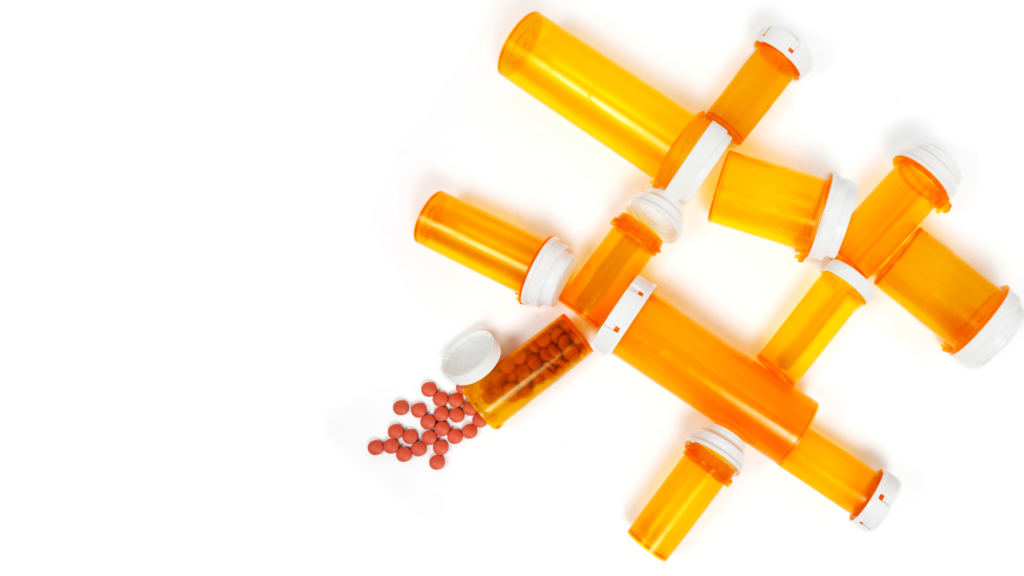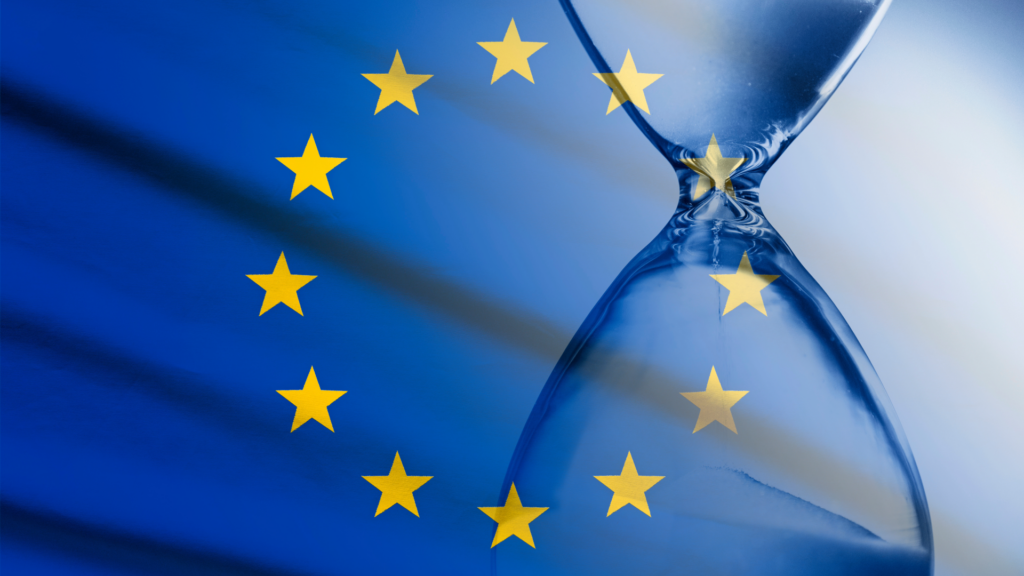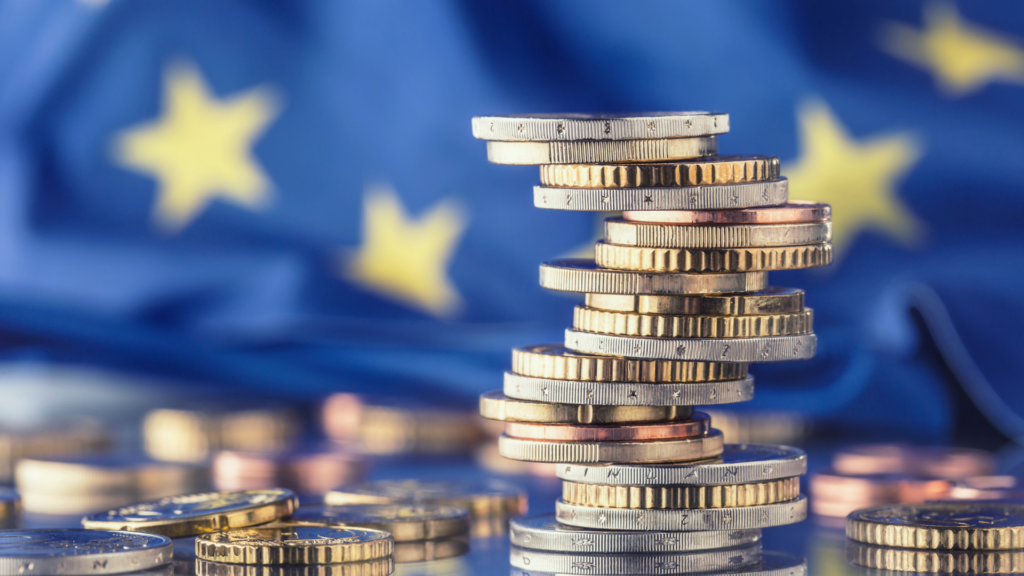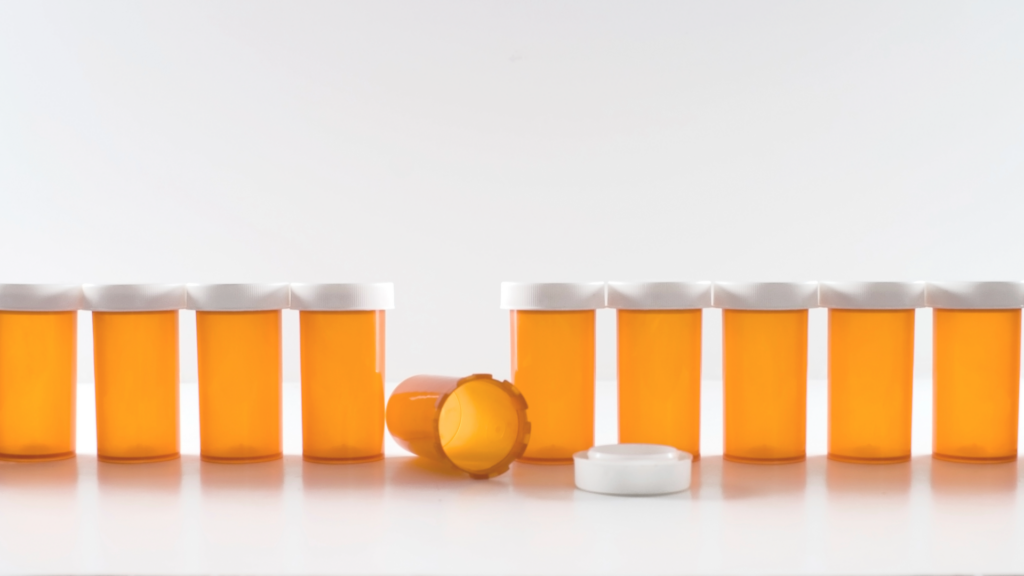Drug Development/R&D
New medicines lead to improved patient outcomes and societal benefits, but R&D is a long and costly process. Ongoing health economics research aims to find the right balance between incentivising manufacturers to innovate and ensuring affordable access for health systems.

Drug shortages are on the rise – but what is their impact?
16 September 2024
In this article, we discuss the global issue of drug shortages. We summarise our research where we developed a framework for quantifying the cost of a shortage, and through three case studies provide illustrative estimates of these costs.

Drug Shortages: What are the causes, consequences and pathways to a solution?
5 September 2024
Across the globe, drug shortages are becoming increasingly common across a range of therapeutic areas. Earlier this year, OHE published a report looking at the Dynamics…

Plan For A New EU Pharmaceutical Legislation: What Will It Mean For Pharmaceutical Innovation?
12 April 2024
The European Commission and European Parliament have set out their proposals for a reformed EU pharmaceutical legislation which could substantially change the incentive ecosystem for the first time in 20 years.

Rare Disease Day 2024: Why Do We Care About Rare?
29 February 2024
Rare Disease Day is observed on the last day of February every year, and today – February 29th – is truly the rarest day.

Breaking the European Deadlock: Part 3 – Revenue Guarantee and Subscription Models for New Antibiotics
16 January 2024
Insight 3 of this series provides an exploration of revenue guarantee/subscription models and how they could be implemented in the EU.

The Dynamics of Drug Shortages
9 January 2024
Drug shortages are an industry-wide problem. Numerous factors may be considered as contributing to drug shortages across the globe. In this report, we discuss the global issue of drug shortages, summarise the main reasons for shortages as presented in the literature and our quantitative analysis. Finally, we provide recommendations for policy makers.

Breaking the European Deadlock: Part 2 – Transferable Exclusivity Vouchers – Effective Pull Incentive or a Policy Distraction?
4 January 2024
This is part 2 of the insight series which explores how progress towards an effective pull incentive for antibiotics can be made in Europe.

Proposals for a Novel UK Antimicrobial Subscription Model: How Will Antibiotic Innovation be Scored?
8 November 2023
NHS England conducted a public consultation on a ‘volume-delinked model’ subscription approach to address the market failure hindering the development of urgently needed antibiotics.

Dementia in the UK: Estimating the Potential Future Impact and Return on Research Investment
11 July 2023
This report contributes to the understanding of people’s proximity to dementia (e.g., people with dementia and their carers forecast) and so the potential future number of people who will be impacted by dementia, and the economic benefits arising from dementia research in the UK.
Investment in dementia research and medicine research and development (R&D) is significantly lower in comparison to other diseases such as cancer. However, recent breakthroughs and growing R&D pipeline show that this area has high potential for research over the next years. It is, therefore, important to estimate the benefits of dementia research to patients, their carers, the economy, and society.